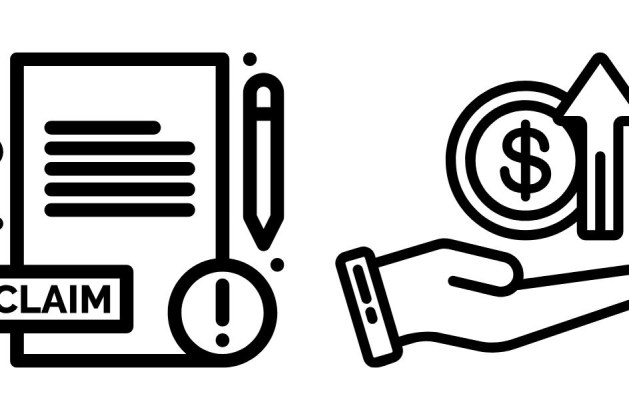What Is an Example of a Claim of Value?
When constructing an argument or making a persuasive statement, you may encounter a claim of value. This type of claim evaluates something based on its morality, ethics, aesthetics, or overall worth. It answers questions like “Is this good or bad?” or “Is this valuable or not?”
Understanding a Claim of Value
A claim of value goes beyond stating facts—it involves a judgment or opinion. It requires reasoning and often relies on cultural, societal, or personal standards to support the evaluation.
Example of a Claim of Value
“Protecting endangered species is a moral obligation.”
This statement evaluates the act of protecting endangered species as something morally “right” or essential. It reflects a value judgment about what is ethical or worthwhile.
Other Examples Include:
- “Art education is crucial for fostering creativity in children.”
- “Honesty is the most important trait in a leader.”
- “Video games are a waste of time.”
Each of these examples passes judgment on an idea or behavior, reflecting a belief about its value or significance.
How to Identify a Claim of Value
To recognize a claim of value, ask yourself:
- Does this statement express approval or disapproval?
- Does it evaluate something as good, bad, better, or worse?
- Is the judgment based on ethics, morals, or subjective standards?
Why Are Claims of Value Important?
Claims of value are central to debates, persuasive essays, and discussions about ethics or culture. They encourage critical thinking by prompting us to consider why we value certain things and how we justify our judgments.
Next time you encounter an argument, look for the underlying claim of value. It can reveal a lot about the perspectives and priorities behind the statement!




Leave a comment